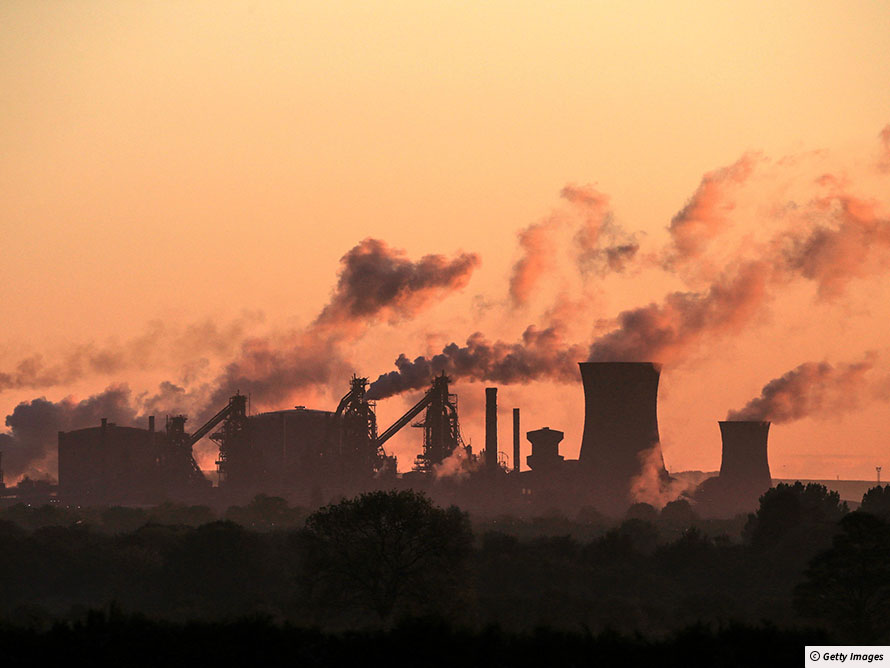Is Chinese money a threat? One of Britain’s last steelworks is teetering on the brink after its Chinese owners let it fail. Some think there are lessons here for all of Europe.
UK steel crisis spurs security debate
 Going east: While the UK takes over a steel plant (above), European ambitions for growth envisage a wave of new wind farms, more nuclear power and a tilt toward tech and AI. On all these fronts, China seems inescapable.
Going east: While the UK takes over a steel plant (above), European ambitions for growth envisage a wave of new wind farms, more nuclear power and a tilt toward tech and AI. On all these fronts, China seems inescapable. Glossary
Industrial Revolution - A period of sudden, rapid industrialisation that transforms a country from an agricultural to an industrial economy.
Jingye Group - A Chinese conglomerate (a very large company made up of lots of other smaller companies) with businesses in steel, chemicals, international trade, tourism and hotels.
British Steel - A steel business founded in 2016 with assets acquired from other businesses.
Scunthorpe - An industrial town in Lincolnshire, England, with a population of 81,000.
Utilities - Key services that are used by the public, such as electricity or water supply.
Rishi Sunak - A British politician who was the Prime Minister of the United Kingdom from 2022 to 2024.
Behemoth - Originally a monster described in the Bible, today the term is used to describe anything large, unwieldy and potentially dangerous.
Sabotage - Deliberately ruin, destroy or obstruct something — especially to further your own ambitions.
Infrastructure - The basic systems and services that a country needs to keep it going.
Telecommunications - The transmission of information over large distances using electronic means.
Labour - Britain's main left-of-centre political party.
Investment - When you put money into a project or idea in the hope it will be successful in the future.
Tariffs - A form of tax on imports.
